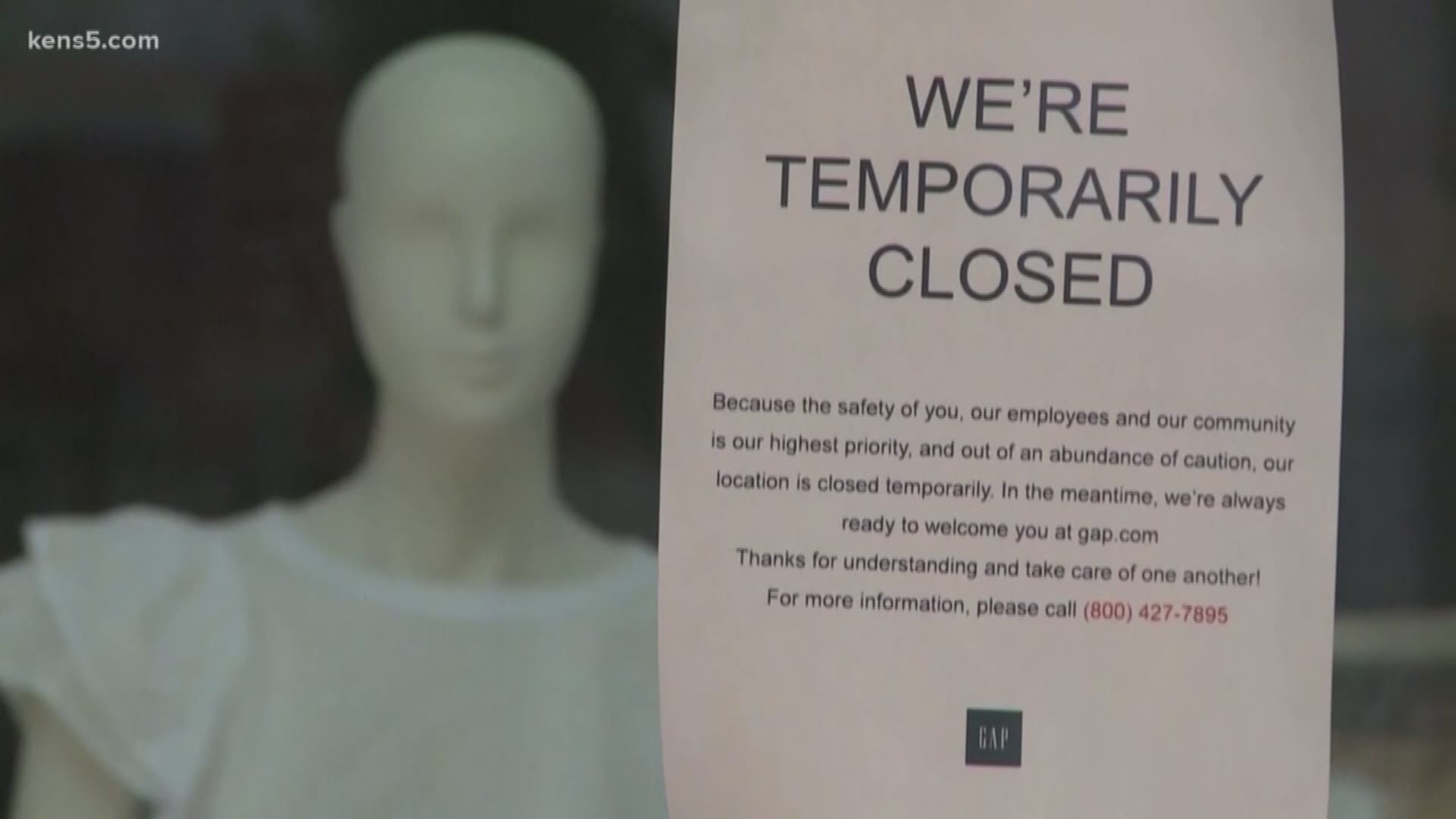SAN ANTONIO — The U.S. already faces $25 trillion of debt, and the U.S. treasury now plans to borrow $3 trillion to pay for the federal response to the coronavirus pandemic. How does the government pay for the debt?
First of all, it’s difficult to comprehend a trillion dollars. In an effort to help you wrap your mind around this large number, KENS 5 breaks down some of the high-ticket items you could buy with that money.
If you’re into aircraft's, one of Boeing’s 787 Dreamliner’s costs roughly $248 million. You could purchase 4,027 of those airplanes. What about a luxury cruise ship like the Harmony of the Seas? Each ship costs about 1.3 billion. You could buy about 740 of those ships. If you’re a fan of fast cars, you could buy 172,413 Bugatti Divo’s ($5.8 million each).
According to the U.S. Census Bureau’s 2018 statistics, there are roughly 1.5 million people who live in San Antonio. A trillion dollars would allow you to buy every San Antonian a four-bedroom home that costs $400,000 and a new Ferrari that costs roughly $250,000.
“To pay for all the stimulus that we heard of, the stimulus checks, and all of the credits and all the various things the government's been doing, there's basically two ways they can do that,” explained Karl Eggerss, senior wealth advisor and partner of Covenant.
Simply put, the government’s two options are to print money or borrow money.
“If they print more dollars, the dollars in your wallet actually, become worth less, which means things cost more. That's inflation,” said Eggerss. “They've elected to issue debt and that's what we're talking about. What that means is, other countries primarily and citizens, and other countries are lending us money. That's what government bonds are. And our government is getting a pretty good deal right now because interest rates are so low.”
He further explained what the implications are long-term for your wallet and the U.S. economy.
“People ask sometimes, why would the government do this? You either do it this way or you go through a real long recession slash depression that takes much longer. So, yes we might have higher taxes, yes we might have higher inflation down the road. But that's a smaller price to pay than to go into a great depression. Pick your poison.”
MORE CORONAVIRUS COVERAGE:

